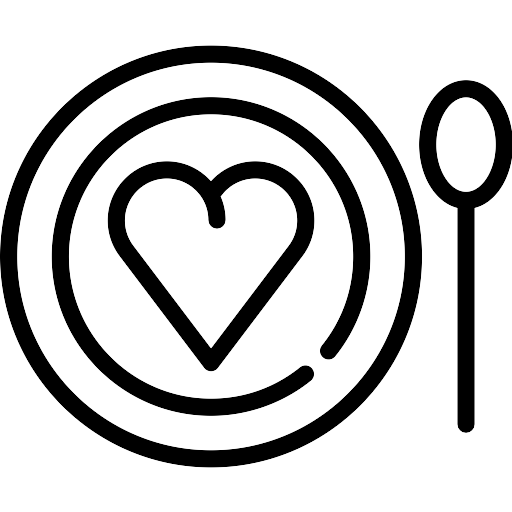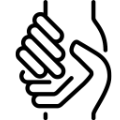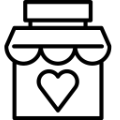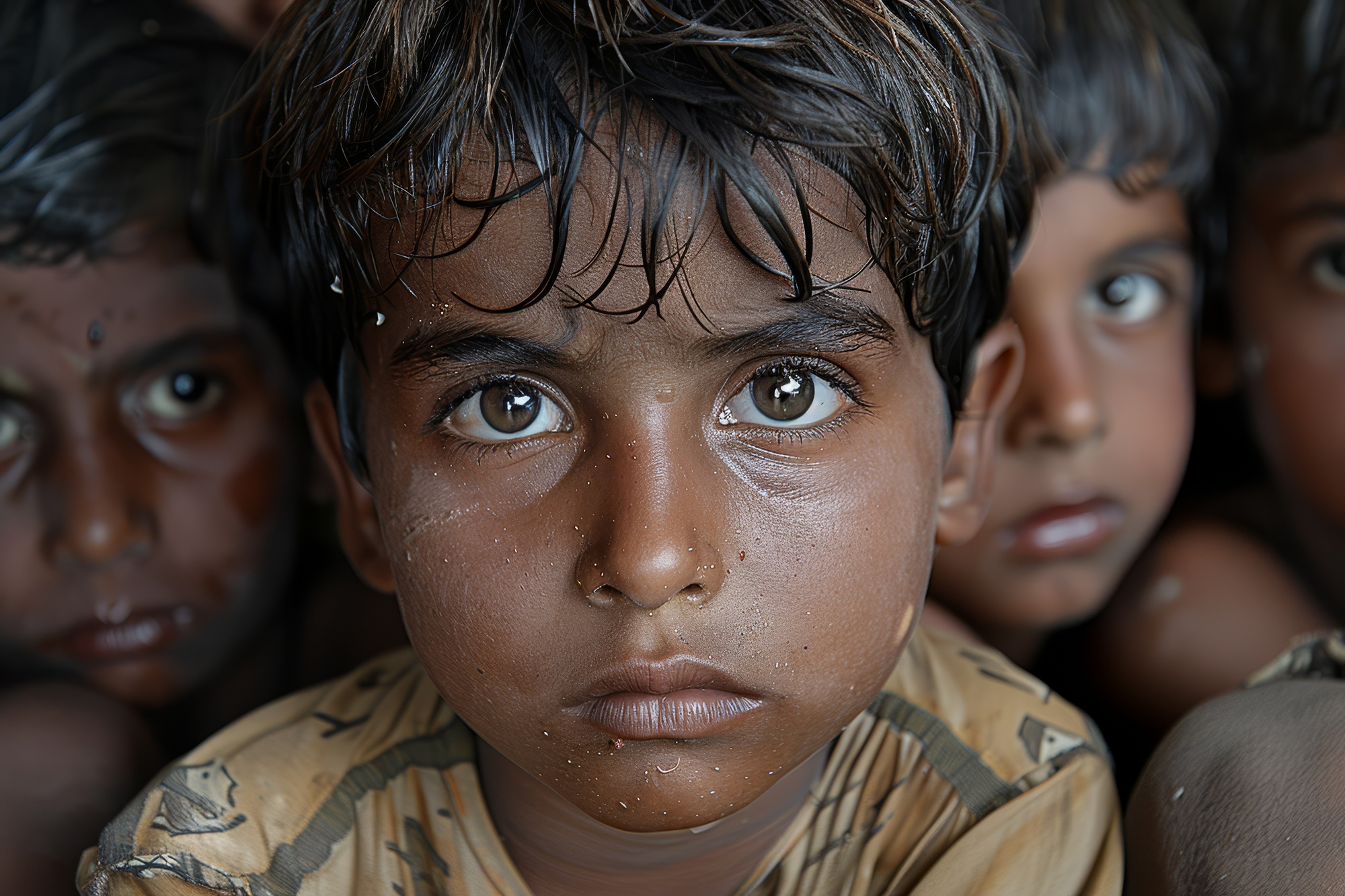Be the Change. Get Involved
If you are dedicated to your cause, you can make a difference.





100k
Meals per Year

8.6k
Amazing Volunteers

78
Monthly Donors

1,372 +
Successful Campaigns
– yuVa’s mission –
One of the largest and most active NGOs of Mauritius & India
Everything we do at YUVA has one goal: the sustained well-being of children and young people, especially the most vulnerable. We work with families, communities, and partners to ensure that children and young people enjoy good health, are educated for life, experience the love of parents and their surroundings, and are cared for, protected, and participating.

Education
Education doesn’t have a one-size-fits-all solution. Your support is invested in helping kids and young people complete school using a wide range of tools to make it happen: providing school fees, uniforms, supplies, tutoring and scholarships.

Employment
Mock interviews, résumé writing, connecting with jobs, earning scholarships for university or vocational training — YUVA teens are focused on developing workplace and technical skills to help them change their lives for good.

Empowerment
Through empowerment programmes that build leadership, teamwork and confidence, you’re not only making a brighter future possible, but you’re also creating a positive ripple effect on kids’ and young people’s communities.

Health
Knowledge is power, especially when it comes to getting and staying healthy. So our health programmes focus on two essential things: Developing healthy habits; and Connecting kids and young people with services when they need help.
– yuva Causes –
Bringing smiles to those in need.
Every little bit helps and we are grateful for your support!

1.
Food
To promote the welfare of children and families, provide assistance to the elderly and disabled, relieve poverty and suffering & protect the environment.

2.
Education
We are always in need of volunteers for a variety of tasks and projects. If you are interested in volunteering, please contact us via the from below.

3.
Shelter
We are always in need of volunteers for a variety of tasks and projects. If you are interested in volunteering, please contact us via the from below.
Bringing smiles to those in need
There are many ways you can help support our work. You can make a financial contribution, volunteer your time, or donate goods or services. Every little bit helps and we are grateful for your support!
– yuVA events –
YUVA charity events.
Every little bit helps and we are grateful for your support!

12.02.2023
Childrens day
A childrens event for a non-profit organization can include many different activities. Some possible activities are arts and crafts, face painting, games, and performances.
18.06.2023
Animals Day
A childrens event for a non-profit organization can include many different activities. Some possible activities are arts and crafts, face painting, games, and performances.
22.04.2023
Earth Day
On April 22, we will be having an event to celebrate Earth Day! This event will be open to the public and will be a great opportunity for our organization to raise awareness about our cause.
7.10.2023
Vegan Day
On April 22, we will be having an event to celebrate Earth Day! This event will be open to the public and will be a great opportunity for our organization to raise awareness about our cause.

– yuVA ARticles –
Stay up-to-date.
Every little bit helps and we are grateful for your support!
-

Education Beyond Borders: Bridging the Gap for Underprivileged Children
In a world where education is often seen as the key to unlocking opportunities and breaking the cycle of poverty, millions of children face barriers that prevent them from accessing quality learning experiences. These barriers, whether due to poverty, conflict, or lack of resources, create a global education crisis that disproportionately affects underprivileged children. However,…
-

Empowering Youth: Strategies for Effective Leadership Development
Empowering youth to become effective leaders is crucial for shaping a better future. Leadership development programmes tailored to the unique needs of young individuals can cultivate essential skills, confidence, and a sense of responsibility. This article will explore strategies that can empower youth and foster their growth as impactful leaders.



